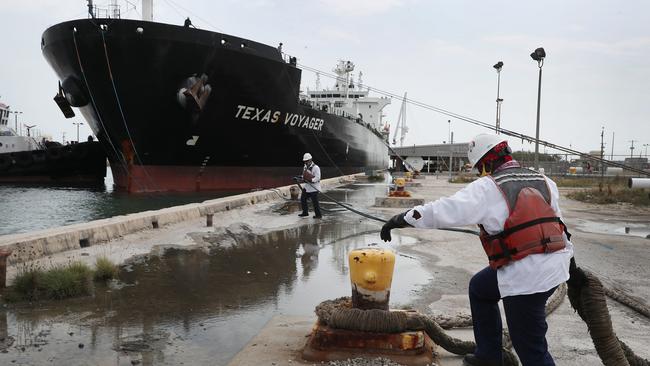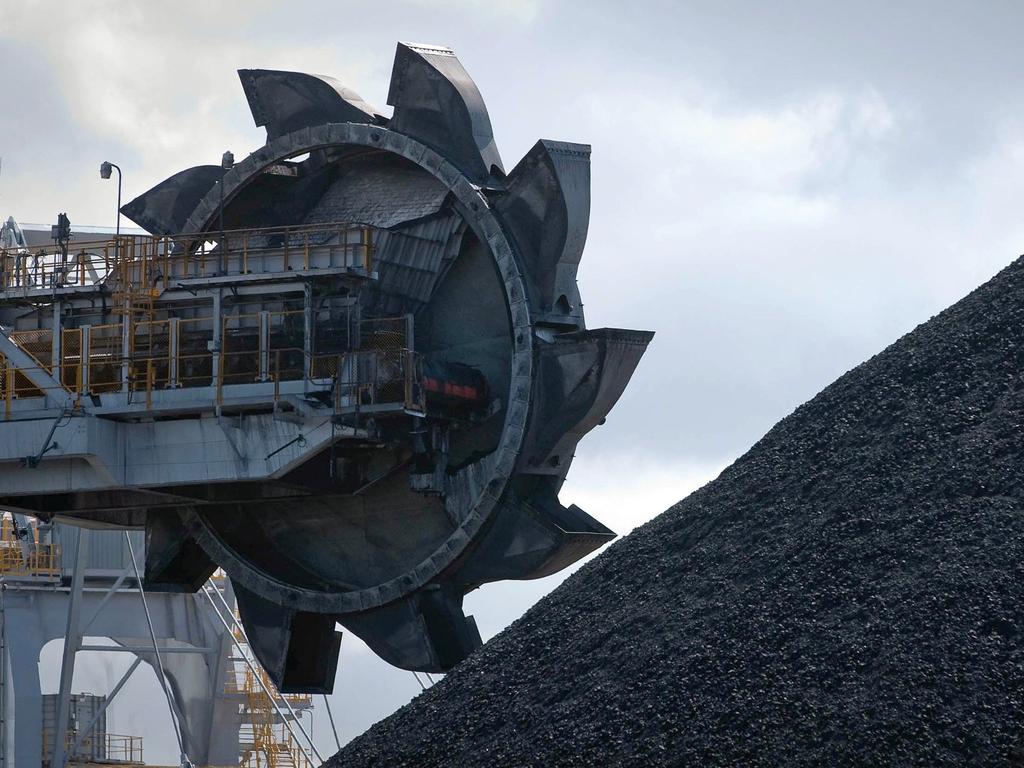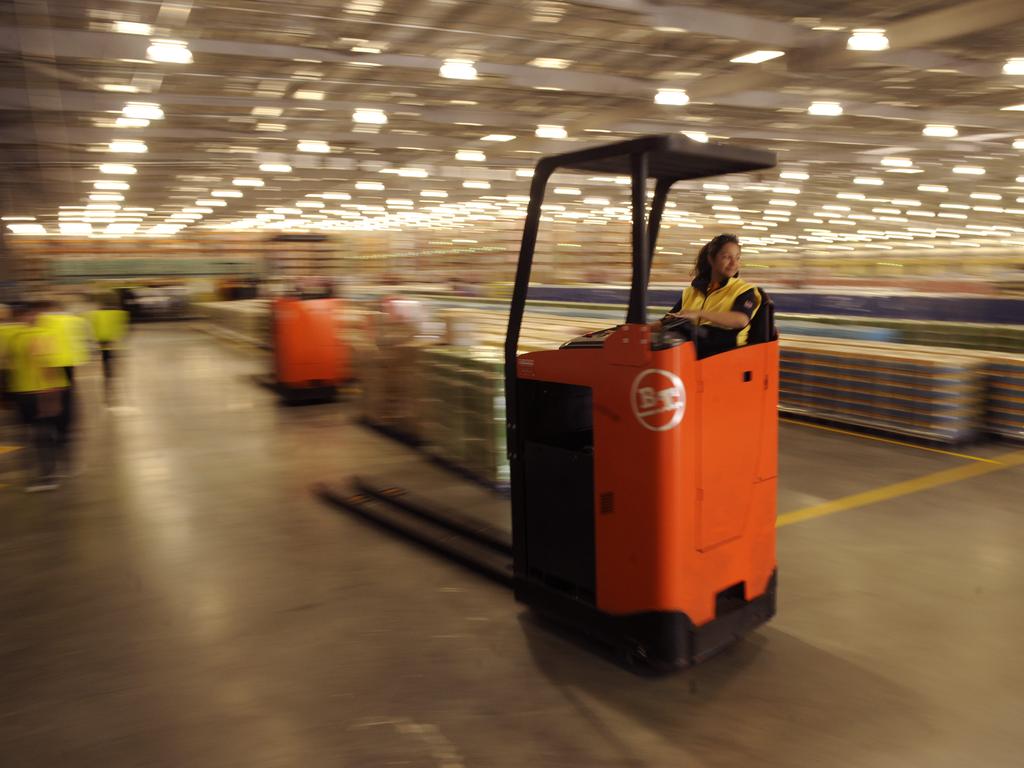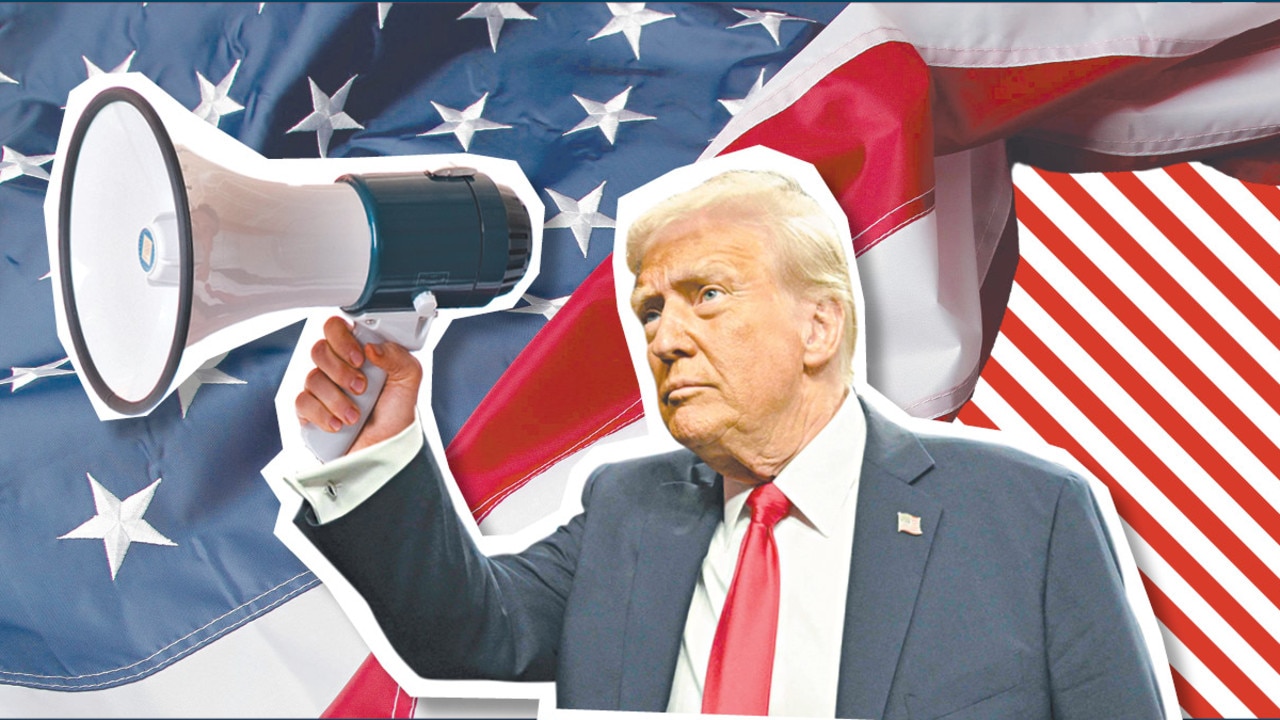
A deluge of equity capital raisings since the start of the coronavirus pandemic has so far been easily soaked up by investors amid expectations of a V-shaped economic recovery.
Macquarie’s Australian equity strategist Matthew Brooks counted 35 announced capital raisings over $25m between March 18 and April 27, with a total value of $15.4bn.
Of those conducted before April 24, the average return was 17 per cent with 74 per cent of them being profitable for investors, while the ASX 300 rose just 6 per cent in the same period.
The major banks always had potential to announce some of the biggest capital raisings, particularly after APRA told them to “seriously consider” deferring or cutting their dividends or at least offsetting them via capital management initiatives — so the market breathed a sigh of relief when Westpac signalled it won’t need to raise.
While announcing a $2.24bn impairment charge for the first half, including $1.6bn for COVID-19 impacts, Westpac CEO Peter King all but ruled out another raising any time soon.
“Having materially strengthened capital over the last decade, building significant buffers, we are well positioned to absorb this increase and respond to future developments in the environment,” he said, albeit it depended on the “severity and duration” of the downturn.
After falling 4.5 per cent on Monday as investors raised funds for NAB’s unexpected $3.5bn share issuance and potential capital raisings among its peers, Westpac shares initially surging 4.5 per cent on Tuesday before closing up 1.6 per cent, also brushing off a downgrade by JPMorgan.
Brooks expects more raisings, given the high level of earnings uncertainty, which has seen 33 per cent of ASX 300 companies withdraw their guidance.
That might seem like something of an understatement given that the total value of the equity raised since the COVID-19 crisis is still only about 15 per cent of the $100bn raised in the GFC.
Certainly there’s a lot riding on the somewhat optimistic assumption of a steady reopening of the global economy that doesn’t spark major “second wave” infections and a longer recession.
The US sharemarket has for example recovered more than half of the coronavirus sell-off.
Perhaps the market is too optimistic, but the BlackRock Investment Institute is betting that the overwhelming policy response to cushion the virus shock will prevent a repeat of the GFC.
To put that in perspective, BlackRock highlights the fact that a banking crisis and overextended household balance sheets led to a “lost decade” of deleveraging after the GFC. “This time, the immediate shock is much deeper, but the financial system is not in crisis for the moment,” BlackRock Investment Institute strategists say.
“The propagation of the shock is directly linked to the evolution of the virus and the duration of containment measures.
“Long-run forecasts, including the most pessimistic, imply economic consequences that are much less severe than the post-GFC impact in both the US and euro area.”
They say the cumulative GDP shortfall in the years that followed was ultimately equivalent to 50 per cent of 2007 GDP in the US and about 125 per cent in the euro area.
Yet they note that even the most pessimistic forecasts of the expected long-run impact of this crisis are less than half of that of the GFC period, while the median forecasts are less than a third of the GFC impact on the US and the euro area.
For the current shock to be on a similar scale, it would have to morph into a financial crisis.
“For now, we see the much swifter and greater fiscal and monetary response this time stemming this risk,” BlackRock says. While the pandemic has triggered an abrupt, deliberate stop to economic activity, they say the concept of “recession” doesn’t apply now because this is not resulting from the evolution of a usual business cycle, albeit one that’s arguably long in the tooth.
They view the shock as more of a large-scale natural disaster that severely disrupts near-term activity before a rebound, particularly given unprecedented monetary and fiscal policy measures to backstop household incomes and support businesses.
Of course it remains to be seen if the money gets to everywhere that it’s needed and whether programs like the JobKeeper subsidy get as much traction as expected.
More importantly, the early moves to restart the global economy are giving hope that it will avoid permanent damage from an extended freezing of activity.
BlackRock cautions that an extended interruption of economic activity could “morph into a financial crisis if it were to lead to an unprecedented wave of corporate insolvencies, putting pressure on the banking system”.
They point to the collapse in oil futures as an example of the knock-on effects of halting economic activity. The June contract for crude fell 25 per cent on Monday and as much as 21 per cent to $US10.36 a barrel in Asian trading on Tuesday.







